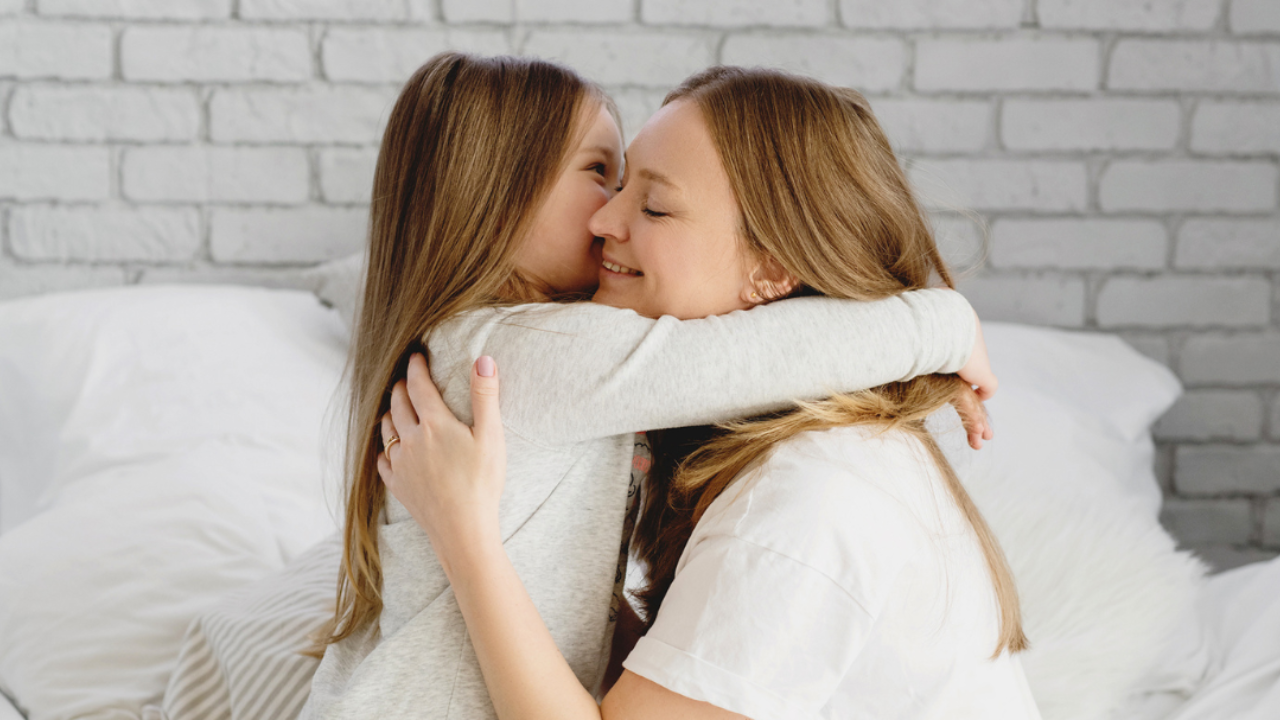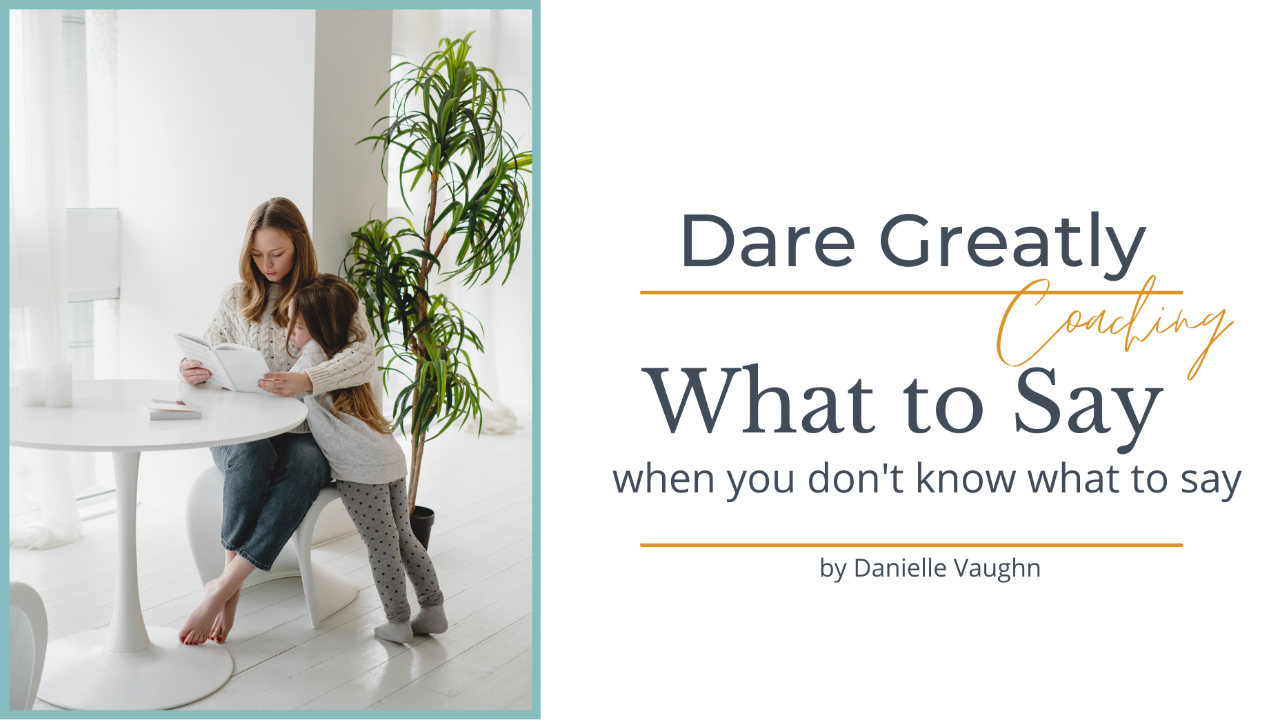Making Room for Grace

Making room for grace, the concept I’m teaching applies to anything you are going after, whether it’s a goal, a dream, or something you want to turn around and make improvements on in your life, something you might be worried about. Making room for grace is a beautiful way to approach the possibility of change for the future.
So, on to what I want to talk about today, which is about making room for grace. When I make room for grace in my parenting, it’s easier to help my kids own their own results versus trying to control my kids because I’m worried about their choices. And this is something I have been thinking about for a LONG time, especially because I think I’ve told you before, I have some head-strong kids. So I had to learn early on how to enjoy parenting more. It all felt so out of my control. I didn’t like how that felt when my kids were little. I felt at the mercy of their choices. If they made good choices, then life was peaceful and wonderful. If they made bad choices l...
What to Say When you Don't Know What to Say

Have you ever wondered, when you see another person upset, “what the heck do I say right now?” or “this is so awkward!” Do you wonder how to draw a quiet, withdrawn teenager out of their shell and get them to talk to you more, to open up to you if there’s distance in the relationship? Do you wonder “why doesn't my child listen to me?”
When your partner is upset or hurting - and you want to help but you’re so worried about the problem you don’t even know what to say and everything you DO say seems to be the wrong thing?
Or what about when your spouse is having a hard time, say it’s a problem at work, and you know the solution, but the more you offer suggestions, the more frustrating the conversation becomes?
The #1 reason even the most “well-intended” conversations can fall flat - and it has to do with the role we are taking on in the moment we are witnessing a loved one having a hard time.
We take on one of two roles: Are we being a Fixer or a Trust Builder? Oftentimes, ...
We All Mess Up our Children: A Message of Hope - Attachment Theory Insights Every Parent Needs to Know

I’m looking forward to teaching you about a valid theory in the psychology world I think every parent needs to know. I learned about Attachment Theory in my marriage and family studies degree, my first thought was: wow, we all mess up our children. Dang. But I’ve since built upon that initial response and want to share the insights from it, and how it can help you in your relationships to understand why you are the way you are, and why other people are the way they are.
Based on our childhoods, how we were nurtured, and based on our temperaments, we developed what I call trust templates, which is just in simple terms, your default programming with your ability to trust. Sometimes, our trust templates need some attention and updating.
I think of it a little bit like remodeling a home, which I personally love to do. I love to update and paint, knock down walls, open things up, just tweak things so it feels more functional and beautiful. My husband and I have remodeled I ...




